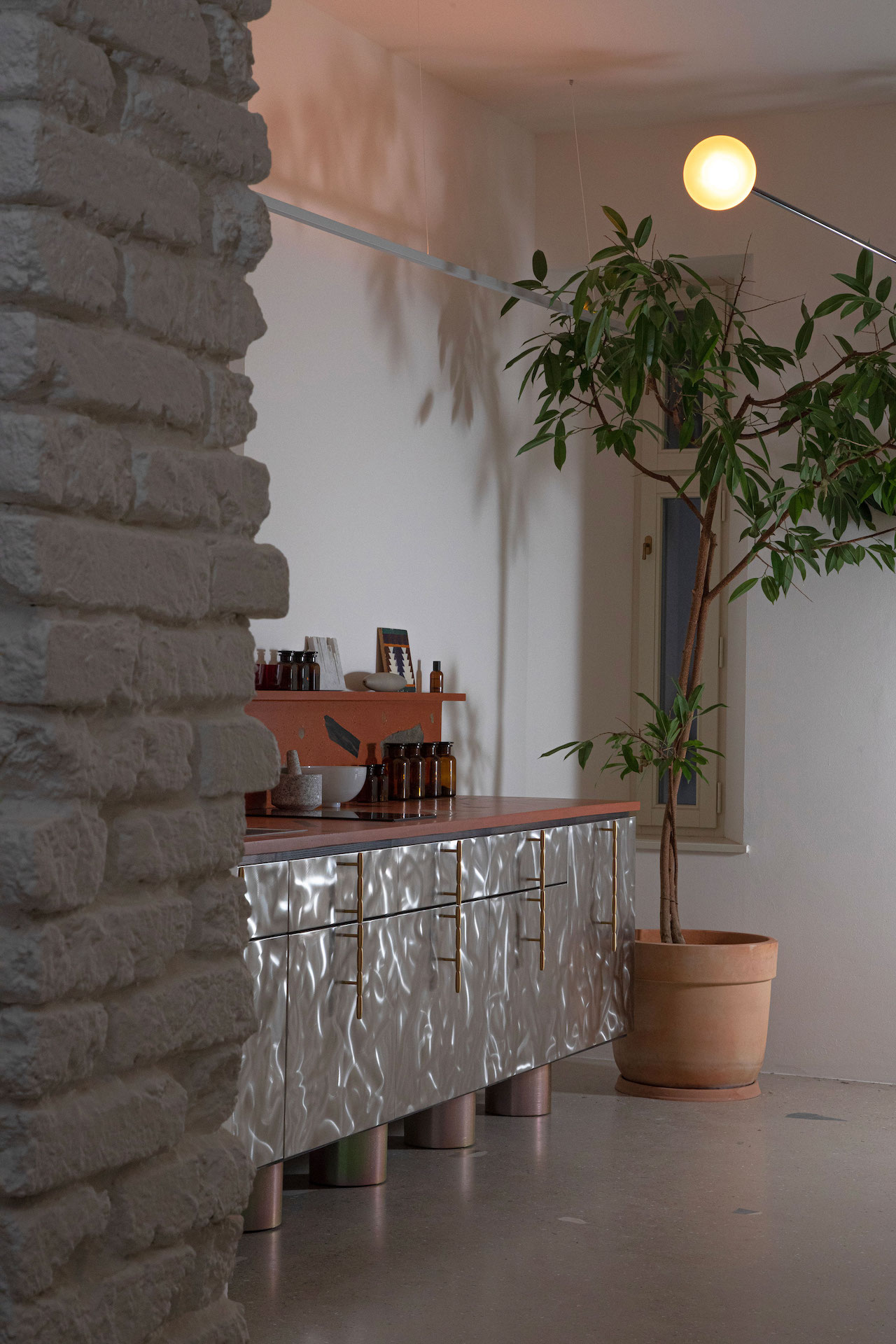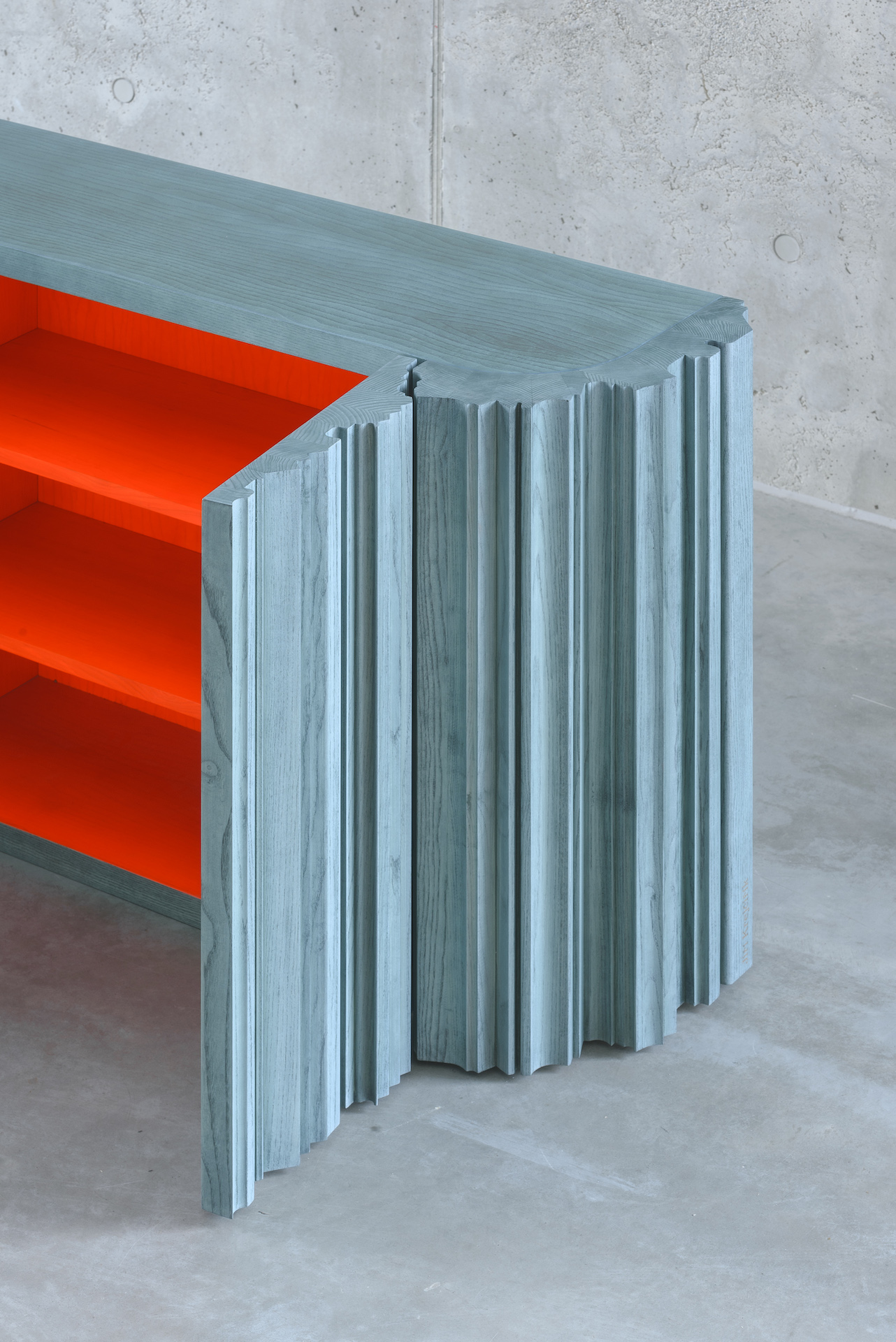2
Designer of the Year
Jiří Krejčiřík




Jiří Krejčiřík is certainly among the most notable persons working in Czech design of the past decade. He is very skilled in originally capturing historical references and combining them with contemporary aesthetic tendencies, offering a new, revamped vision of postmodernity. He made this wise step at a time when most people were still enamored with minimalism, but many were also starting to tire of it. His style is difficult to define, but he presented it with complete self-confidence. Jiří seems to have a boundless capacity for spatial and material experimentation, often directly working with historical features and references.
But over the last year, his work became a bit more subdued. Apart from his more expressive furniture pieces, he also started producing simpler designs which show the particular nobility and originality of his style. What most impressed the jury was Jiří’s work on his own studio at Prague’s Vinohrady. He says he designed everything in it: “From A to Z – from the metalwork on the doors, to the floors, and everything in between.” And the floor is indeed a concept piece of its own. The designer inlaid it with stones which have a sentimental value for him. And he used the same motif for the concrete work table of the Scene21 modular kitchen, which uses original stainless plating on the doors and is adorned with unique metal fittings. The office table he rendered in a slightly provocative style – it is three meters long and fulfills all necessary functional requirements. Much like in the case of the beautiful foldable furniture of the Fold-able collection, the designer employed expressive shapes and colors. The selected materials and Jiří’s first-rate craftsmanship transform these archetypally simple pieces into items of luxury. In the past year, he launched the adapted version of the YKB commode, which employs notable fluting and, for me personally, is the best example of Krejčiřík’s balancing act on the border between design and art.
Tereza Kozlová
Pavlína Blahotová
Tereza Bruthansová
Tereza Finková
Nora Grundová
Tereza Horváthová
Helena Koenigsmarková
Ján Kralovič
Jan Králíček
Michal Lalinský
Francois Leblanc di Cicilia
Ondřej Lipár
Tomáš Luňák
Anna Nosková
Petra Roubalová
Veronika Ruppert
Martina Schneider Králová
Zuzana Sedmerová
Eva Slunečková
Pavel Turek
Tereza Zelenková
Milena Zuravljova